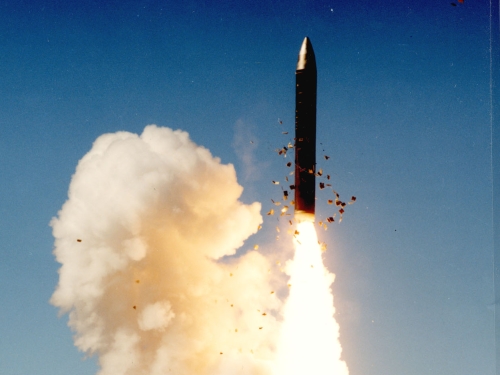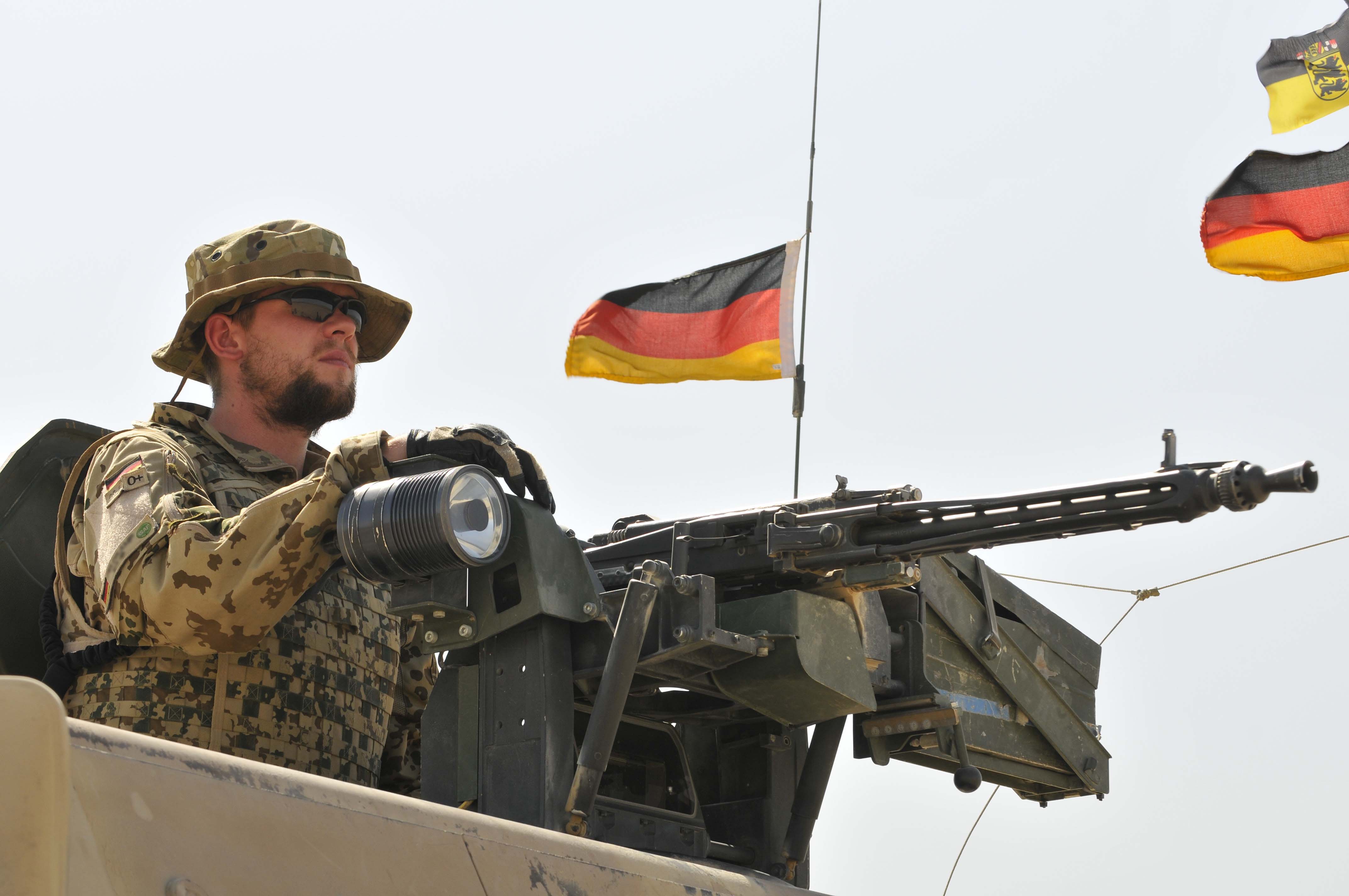
This article was originally published by The Strategist (ASPI) on 27 August, 2014.
Given the intensity of media focus on a series of crises this year—Iraq, Syria, Ukraine, Ebola, and the South China Sea to name just a few—readers may be forgiven for having failed to notice that another important, though more incremental, development has also occurred. With each passing month it becomes clearer that a mood of nuclear realism is unfolding in US strategic policy. While President Obama is still remembered most clearly in the public mind for the anti-nuclear language in his Prague speech of 2009, a string of events in 2013–14 suggest that a shift of emphasis is occurring in relation to nuclear weapons.



